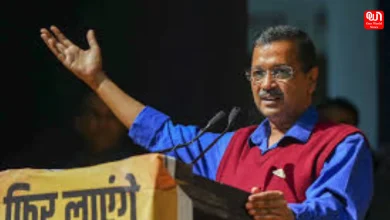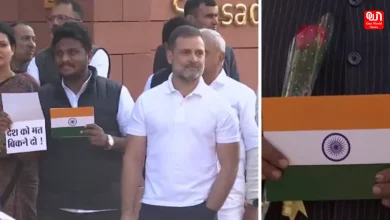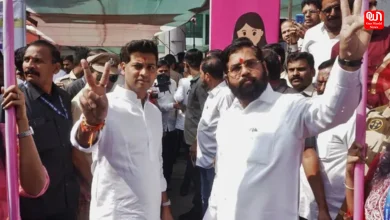Delhi HC strikes balance between Right to copy and Copyright

Delhi HC strikes balance between Right to copy and Copyright
Delhi HC strikes balance between Right to copy and Copyright :- The three multinational publishing companies took on a small photocopying shop near the Delhi School of Economics in a court of law, seeking an exhortation to stop it from photocopying their books.
In its judgment on Friday the Delhi High Court said that the making photocopies of the books of their or any other publishing house for academic purposes does not constitute any violation of the copyright. It has ordered that publishers cannot legally stop the universities and photocopying shops from doing so.
The main appellant against whom the publishers had a complaint was not the photocopying shop but the Delhi University which allowed the use of its library books to get them photocopied, and actively supported the use of photocopies of the excerpts from the publishers’ books to the students.
For this, the publishers argued, was a violation of their copyright which is protected under the Copyright Act, 1957 and should be stopped or in an alternative, the University of Delhi should be constrained to obtain a license from the copyright society which in turn would pay royalties to the publishers.

Delhi High Court
As anyone who studied in any institution of the higher education in this country would know, academic titles are extremely expensive. This has partly to do with the nature of the business, dominated by few large multinational publishers and partly to do with the lack of sufficient monetary funding, to make all the titles available in India for cheap prices.
It is a common practice, across the universities in India, for faculties to prepare reading materials and course notes made up of extracts from the academic works for classroom discussion purposes. It is essential to the teaching process as the prices of most of the titles are very well outside the reach of many students, and it would be a difficult task to expect students to purchase around 10-15 books every semester for just to read the relevant passage necessary for their exam.
The judgment of the Delhi High Court had many implications which are not just for the University of Delhi but for universities across the country as well. Access to information is something that the Delhi High Court is clearly aware of and has highlighted in its judgment.
In the course of an event which stated that having held the making of photocopies of the copyrighted books, or allowing the students to make and use photocopies of copyrighted titles for their academic purposes would not constitute any sort of a copyright violation, the Delhi High Court has struck a big blow in the favour of academic freedom and learning in India.







